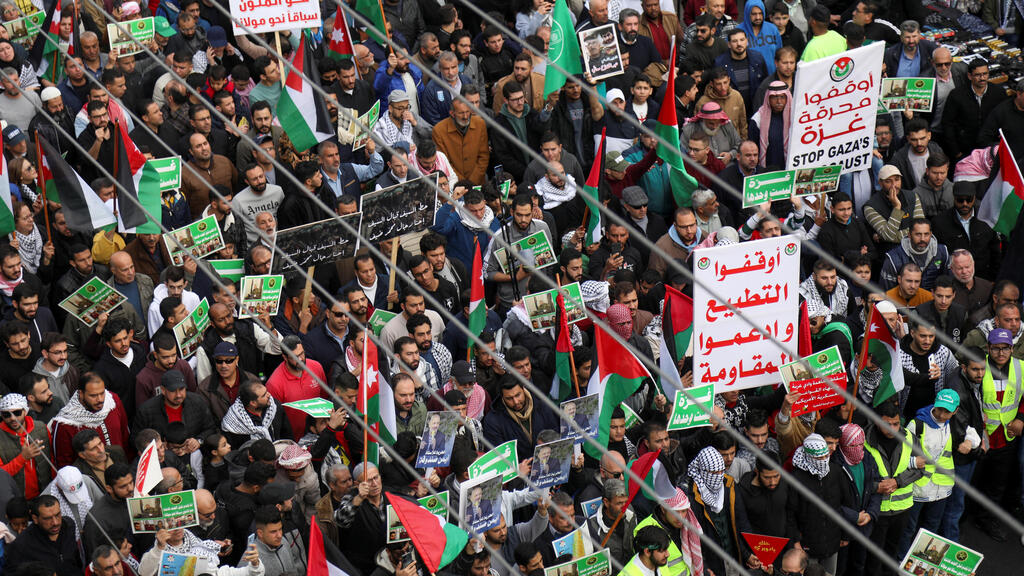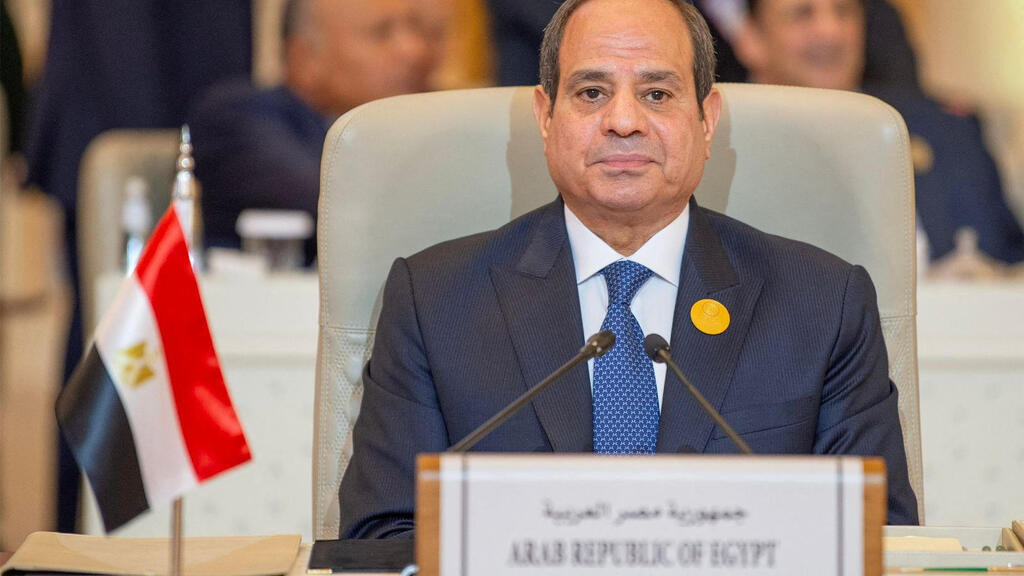The ambassadors of Morocco and Egypt are the only senior diplomats from the Arab world, who have remained in Israel. After Israel recalled its envoys serving in Arab and Muslim countries out of security concerns, those countries recalled their envoys back for political reasons. The Abraham Accords, seen as the marking of a new beginning for the region, have taken a turn since the start of the war.
Read more:
Mohamed Al Khaja, UAE's ambassador to Israel adhered to his governments order to return home but has been visiting Israel frequently to observe the war up close. Like him Israel's envoy to Abu Dhabi – Amir Haik has been doing the same. This is an unprecedented situation compared to diplomatic relations elsewhere.
Over the past three years, Morocco emerged as having the best ties with Israel. Tourism thrived, business connections increased, cultural exchanges and academic cooperation grew. At the same time, behind closed doors, bilateral security cooperation developed.
On the other side of the spectrum, relations with Jordan suffered. Senior officials spoke out against Israel and reflected the sentiments expressed on the streets of the neighboring kingdom, where mass pro-Palestinian protests were allowed and even one restaurant opened under the name October 7, celebrating the Hamas massacre. Street names were changed accordingly, one even named after the son of an Al Jazeera correspondent who transported explosives in the service of Hamas.
3 View gallery


Pro-Palestinian demonstration in Amman, Jordan early this month
(Photo: Alaa Al-Sukhni / Reuters )
But despite all that, and despite the public statements condemning Israel, made by Queen Rania and Foreign Minister Ayman Safadi, security ties continue and Israel's longest border to the east is still diligently protected by Jordanian military.
Relations with Egypt are a different matter. Even during the war, Israel and Egypt cooperated on matters of security but the Egyptian public, that had been indifferent to the situation in Israel after the October atrocities, have now begun violating explicit prohibitions and have begun demonstrating, carrying signs condemning "Zionists."
But the few Israelis who visit Egypt these days, praise the efforts of Egyptian intelligence chief Abas Kamal, who has been mediating in hostage release negotiations, insist that President Abdel Fatah el-Sisi is the best Egyptian leader Israel could hope for and say Hamas is detested by the regime's security agencies.
But a close review of el-Sisi's recent speeches reveal how deep the rift between the countries has become. Israel, he said, falsely accused Egypt of delaying aid into Gaza. "Why would Egypt refuse to allow aid?" the president asked. "Why would a representative for Israel in the ICJ accuse us when Israel has been the one delaying the delivery of aid?
Bahrain told an Israeli who had been living there for the past two years, to leave the country after the Israeli embassy in Manama was evacuated. Israelis are also leaving Dubai and Abu Dhabi, including tourists and people there on business, promising to return as soon as things quiet down.
The Arab nations who have diplomatic ties with Israel or have normalized relations, including Saudi Arabia, are all waiting for a post Netanyahu era to begin. The prime minister is held mostly responsible for the crisis and in conversations they say when asked what would happen then? "God is Great," they say with a smile.



